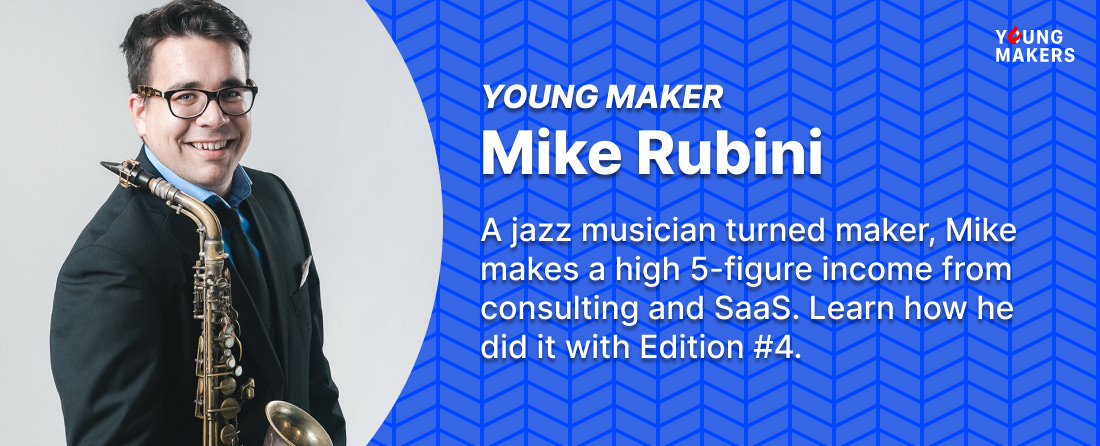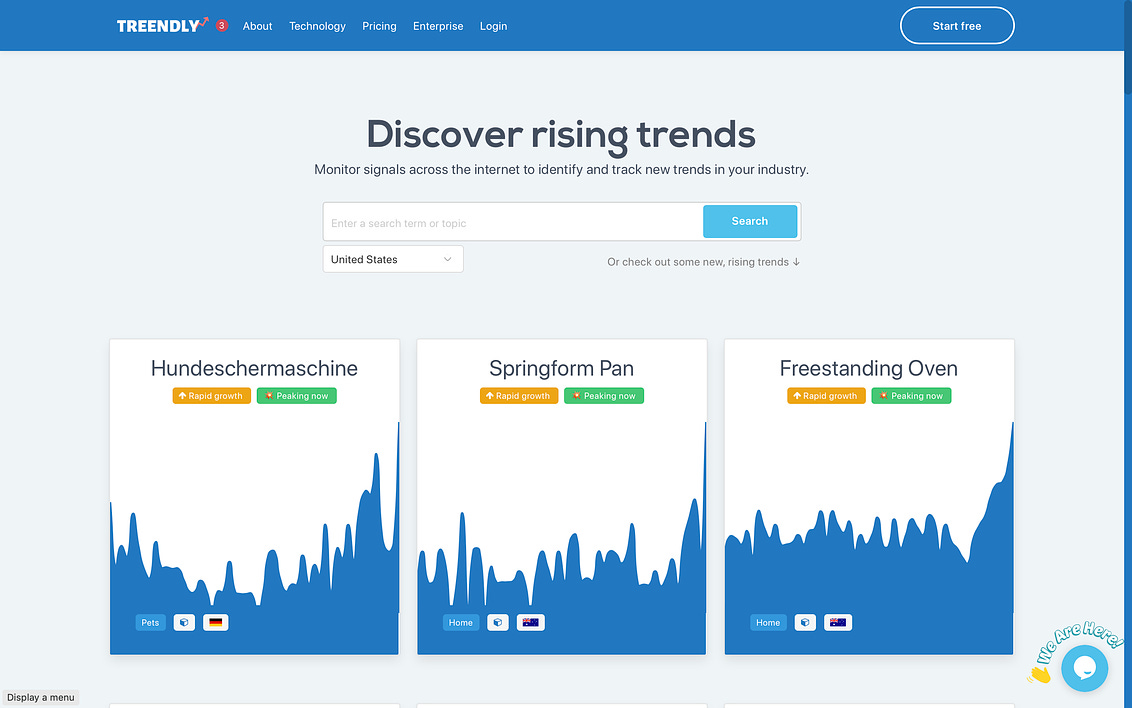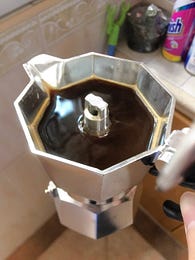*Jazz music playing*
Today’s interview is really juicy. We have Mike Rubini, a musician turned indie hacker. His story reads almost like notes from a jazz masterpiece. I learnt a lot from it and am helping myself and many makers get started with it.
🎵 Listen Along with this Edition
 |
💡 Key Takeaways for Young Makers
Set expectations on the lifestyle you want first
You can pursue your passion and make money
You don’t necessarily have to do both concurrently
Go into client meetings well-prepared
Scale your service or consulting business by hiring Virtual Assistants (VAs) and using Standarding Operating Procedures (SOPs)
It takes trial and error when starting out
Start with whatever you are comfortable with
Start something that has early Return On Investment (ROI)
Reinvest that ROI into long-term bets like SaaS
Try it yourself
Decide what’s your top 3 priorities – cash, lifestyle, family, etc
Use your top 3 priorities to decide if your business idea fits you
Think of 3 ideas that you can create early ROIs with
Is there a service you can provide? Design, marketing, copywriting?
From High 5-figure Consulting to SaaS
 |
What did you make your first profit on?
I made my first profit on the internet as an indie maker running a marketing agency. It was 2011 and I was in New York studying at the New School for Jazz and Contemporary Music.
It was my first time in a big city, as well. I flew to NYC from Terlizzi, a small town in southern Italy. I did this only because the school gave me a scholarship.
 |
I built Jazz Services. It's a digital marketing agency that serves the niche of jazz musicians and jazz brands. It was a niche that I knew very well.
The first profit came for a client of the agency.
Why did you make that product?
I made it because I wanted to earn money to be free to play whenever I want, and to support my life in New York.
I also made it to help jazz musicians and jazz brands out there. A lot of them didn’t have the attention they deserved.
In the beginning, I did Social Media Marketing and website design. Then, we did some paid advertising for artists as well. We were able to send some artists into the first positions of Billboard charts. Another thing I'm proud of is that we also power some of the jazz websites out there. We provide them with more reach by setting up their communication on social.
What was the struggle between your passion in music and money like?
I feel torn all the time actually, even now. In music, there's this underlying thought that you are a "true" musician only if you do music full-time. In my mind it's easy to think that I am less of a musician because I also do something else. It's hard! Every choice has some sacrifices, but the way I think about it is this:
Would I rather sacrifice my art and do weddings and teach in schools? They are completely fine activities but I don't like them. They make me miserable musically speaking. Or, would I rather do something completely different? One that allowed me to do what the heck I want musically speaking? I like the last option better.
I don't like the word "balance". There's never a balance but I do have the option now to do what I want with my time. At the beginning I was also in school so I had very little time to dedicate to the business, but I made it work.
I always was very clear. I value time freedom a lot so my lifestyle is this. Work when I want to work, play my saxophone when I want to play and that's what I do.
Having time to help my family without asking permission is also a big thing I wanted to have.
 |
If you don’t mind sharing, how much did you make?
At the beginning I was doing $0/month like everybody else. I took some jobs for free and learned a ton, especially on how to win more jobs, communicate with clients.
One thing that helped me a ton is going into a meeting well-prepared.
I would always have a PDF ready. It was an in-depth analysis of the client's situation and an analysis of their social media or website performance. In it, I highlighted where they could improve. These PDFs were even 20 pages long. You show that you took time and you give them something. That's Robert Cialdini's reciprocity right there.
Another thing that helped is doing more of what worked. It sounds simple but we often look for new things. In actual fact, we need only repeat the actions that give us the most results. Even if they don't scale at the beginning.
Down the road, I made $2-5k/month, which is not a lot in NY. I went back to my hometown in Italy eventually.
How did you decide on the business model?
At first I was doing everything. Getting clients, support, delivery. I learned a lot of how to run an agency. I learned that I could delegate some of the work to Next Eleven countries and that’s what I did.
I learned a lot about how to manage Virtual Assistants (VAs) through Standard Operating Procedures (SOPs). And how to manage clients. How to talk to them, how to reduce scope creep, etc.. So, I would call this business model a “agency arbitrage business model” but it’s not something I decided on. It came with time.
This was mostly through trial and error.
Where is the product now?
My agencies (I have another one for startups, by the way) still get a few leads and some still make some money. Now my focus is on SaaS.
What are you working on now?
Through the years, I’ve learned that I have some superpowers. I can (somehow) code, I can (somehow) market and I can tap into the creativity that I’ve developed as a musician.
So I switched my business model and I’m now working on SaaS (software as a service). Currently, I’m bootstrapping a few software products. You can find them on rubini.solutions.
 |
The latest project is Treendly, which spots rising trends in different industries. It’s making €1142 monthly. My total monthly MRR is €3456 from 6 projects.
Any advice for aspiring makers starting out?
 |
Usually, a service business like my consulting company, Jazz Services is something that has straightforward Return On Investment (ROI).
Then reinvest in long-term bets.
Editor’s notes: Running a service business pays you money while you learn how to run a business. Your clients pay you immediately. Use that money to grow your business. At least you won’t go hungry and get payoffs in Month 1 rather than in 12 months for a SaaS as a new founder.
Special thanks to Wit Sumathavanit and Dominic Abela for proof-reading.
Get Interviewed
Are you a maker who wants to promote a new product and help young makers? Want to relive your first profitable project?
Email me at zhchuan.2016 <at> gmail <dot> com, or reply to this email.
Young Makers Classifieds
Want real-life lessons from founders who have grown their business or community? Check out Growth Lessons Newsletter. Get actionable lessons on growth from founders who've done it.
If you want to build your side project or startup without writing any code, you can accelerate your no-code learning journey by joining the #100daysofnocode challenge.
Being a maker can be mentally exhausting. It doesn’t have to make you go crazy. Journal your thoughts with Mindwave, an All-in-one journal for work and life. Learn from your past. Be present. Improve your future.
Launch a Newsletter in 2 Weeks
Want to launch your own newsletter? I’m personally offering a micro-course.
• Launch and grow it to 50+ subscribers in 2 weeks
• Get video recorded feedback of your newsletter setup
• Growth and monetization tips
If you’re interested, there’s only 4 slots at $50 per slot. If you try your best and do everything we go through in the mastermind group but don’t get results, I’ll refund you. The price is going up to $75 soon.
Subscribe to this newsletter’s $50 plan to join the mastermind group.
 |
I wake up on mornings and brew my coffee either using a Moka Pot or a Nespresso machine. I heat up some milk and mix them into a latte, yum. Like a sort of ritual, I look forward to moments like these every morning. Applying the advice I see in my interviews, here’s me adding a Buy Me a Coffee link 👇

